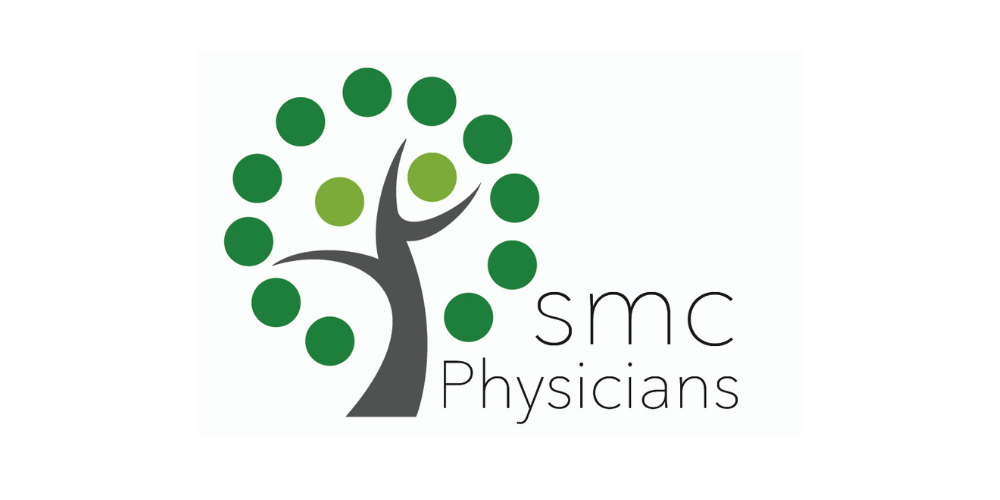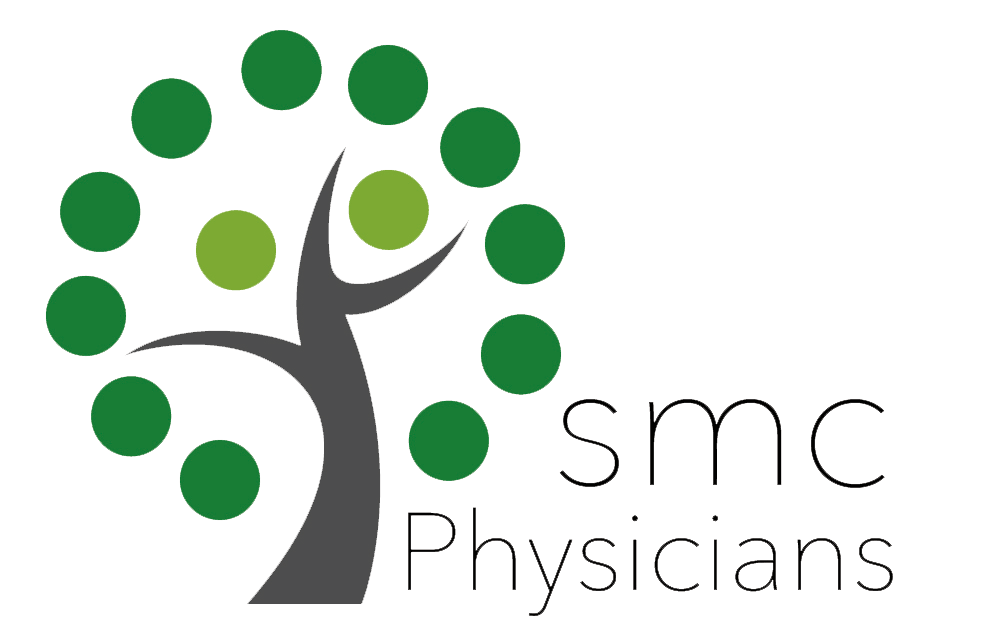Rheumatology
Fibromyalgia
Fibromyalgia is a chronic condition that causes widespread pain and fatigue throughout the body. It affects millions of people worldwide, and while there is no cure, there are ways to manage the symptoms and improve overall well-being.
What Is Fibromyalgia?
Fibromyalgia is a chronic disorder characterized by widespread musculoskeletal pain, fatigue, and tenderness. It affects the way the brain processes pain signals, amplifying them and causing discomfort even from mild pressure. Fibromyalgia is often accompanied by other symptoms such as sleep disturbances, cognitive difficulties, and mood disorders like depression and anxiety.
Fibromyalgia affects people of all ages, including children, but is more common in women than men. Most people are diagnosed while young or middle-aged (between the ages of 25 and 55). If you have already been diagnosed with lupus or rheumatoid arthritis (RA), you may be more prone to developing fibromyalgia.
What Causes Fibromyalgia?
The exact cause of fibromyalgia is unknown, but several factors may contribute to its development, including:
- Genetics: Fibromyalgia often runs in families, suggesting a genetic factor.
- Physical or Emotional Trauma: Some individuals develop fibromyalgia after experiencing a physical injury or psychological stress.
- Infections: Certain infections, such as viral or bacterial infections, have been linked to the onset of fibromyalgia.
Common Symptoms of Fibromyalgia
The main symptom of fibromyalgia is widespread pain that affects both sides of the body, above and below the waist. Other common symptoms include:
- Fatigue and decreased energy levels
- Sleep disturbances and insomnia
- Problems with memory or clear thinking, known as “fibro fog”
- Muscle stiffness, spasms, and headaches
- Digestive problems like IBS or heartburn
- Irritable or overactive bladder
- Sensitivity to noise, light, and temperature changes
How We Diagnose Fibromyalgia
It’s often a challenge to diagnose fibromyalgia because its symptoms overlap those of other conditions. There’s no test that can diagnose fibromyalgia, so your healthcare professional will consider a range of factors:
- Widespread pain that lasts for three months or more
- Tender points in specific areas of the body
- Symptoms like sleep disturbances, fatigue, and cognitive issues
Fibromyalgia Treatment Options
Although there’s currently no cure for fibromyalgia, there are three main treatments that can help relieve some of the symptoms and make the condition easier to live with. What works for some people might not work for others. You might need to try different treatments to find the right combination for you.
Physical activity: Exercise is the most effective treatment and includes yoga, tai chi, or other low-impact aerobic activity. Your rheumatologist or pain specialist may suggest an exercise program you can do on your own or in a group. The type of exercise should be something you enjoy and can continue doing in the long run. Acupuncture, chiropractic, and massage may help ease symptoms.
Cognitive-Behavioral Therapy: There are a variety of therapies that may help patients manage stress and anxiety and reduce fibromyalgia pain. A sleep specialist may help patients address sleep disorders.
Medicine: Three drugs are FDA-approved for fibromyalgia: duloxetine (Cymbalta) and milnacipran (Savella) adjust brain chemicals to ease widespread pain, and pregabalin (Lyrica), which blocks overactive nerve cells involved in pain. Older drugs, such as amitryptiline (Elavil), cyclobenzaprine (Flexeril), and other antidepressants may be used too. Opioids and sleep medicines like zolpidem (Ambien) are not recommended for use in treating fibromyalgia symptoms.
Take the next step towards managing your fibromyalgia symptoms by scheduling an appointment with our Rheumatology team at SMC Physicians, who are experienced in treating this condition. They can confirm your diagnosis, guide your treatment plan, and provide the support you need for a fulfilling life. Start your journey towards better management of fibromyalgia – book your appointment today.
Conditions We Treat
We provide ultrasound-guided arthrocentesis (joint injections) of both steroids and gel injections such as Orthovisc and Synvisc.
We offer a state-of-the art private infusion center at each location, offering the following medications and more:
Our Rheumatology Locations:
Galloway
235 East Jimmie Leeds Road Galloway, NJ 08205
Hours:
Tuesday: 8:30am-4pm
Wednesday: 8:30am-4pm
Thursday: 8:30am-4pm
Cape May Court House
108 N. Main Street, Suite # 1, Cape May Court House, NJ 08210
Hours:
Monday: 8:30am-4pm
Tuesday: 8:30am-4pm
Wednesday: 8:30am-4pm
Thursday: 8:30am-4pm
Cherry Hill
51 Haddonfield Rd, Suite 160, Cherry Hill, NJ 08002
Hours:
Monday: 8:30am-4pm
Thursday: 8:30am-4pm
Friday: 8:30am-4pm
Toms River
442 Commons Way, Unit D, Toms River, NJ 08755
Hours:
Monday: 8:30am-4pm
Tuesday: 8:30am-4pm
Wednesday: 8:30am-4pm
Thursday: 8:30am-4pm
Friday: 8:30am-4pm




